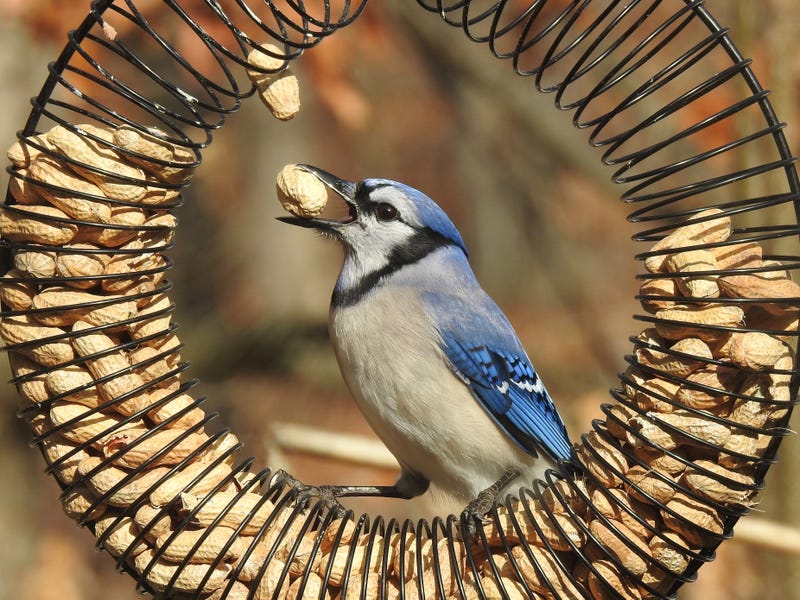
PHILADELPHIA (KYW Newsradio) — A unusual epidemic of disease is killing birds. It has health experts baffled, and is sparking advice to stop stocking bird feeders that could spread the disease.
The Pennsylvania Gaming Commission, and wildlife health experts from the University of Pennsylvania Veterinary School, are investigating more than 70 public reports of songbirds that have been found sick or dying from an unknown health condition.
"This disease outbreak involves birds losing some neurological control," said
Audubon Pennsylvania Program Manager for Urban Conservation Keith Russell.
"A lot of them have weepy or crusted or closed eyes. They're lethargic and unable to really defend themselves"
He said you'll find these birds wobbly, sitting on the ground, unable to move.
The condition was first noticed in the Washington, D.C. area months ago. Experts from 27 counties in our area have reports of this disease so far, including Philadelphia, Bucks, Montgomery and Chester Counties, along with parts of Delaware.
12 species have been reported as part of the outbreak at this point, including the blue jay and European starling.
Initial reports of bird deaths mainly involved young songbirds, but now there are reports of older birds being infected as well.
"This is similar to the coronavirus. One of the ways we fight the coronavirus is through social distancing," he said.
"How this is actually being communicated from bird to another is not all that clear, but certainly it is possible birds are coming to bird feeders, and that is where they are getting infected," Russell said.
If you have a bird feeder, experts are encouraging you to stop feeding birds until the outbreak has ended.
"If you have bird feeders that birds can stand on or stand in the food like a tray, there can be fecal matter that gets in the tray, and there is an infectious agent in the fecal matter it could be eaten by the other birds ad that is one way it could be transferred," Russell explained.
He suggested that if you see a bird that you think may be diseased, do not touch it with your hands.
"We still don’t know what this disease is and how it might be transmitted," he warned.
"If you are concerned about the bird, wear gloves and put the bird in a small dark box and take it to a wildlife rehabilitation center.”
Click here for more information and tips from the Pennsylvania Game Commission.
LISTEN on the Audacy App
Sign Up and Follow Audacy
Facebook | Twitter | Instagram

